blog
Interview with photographer Jessica Paullus
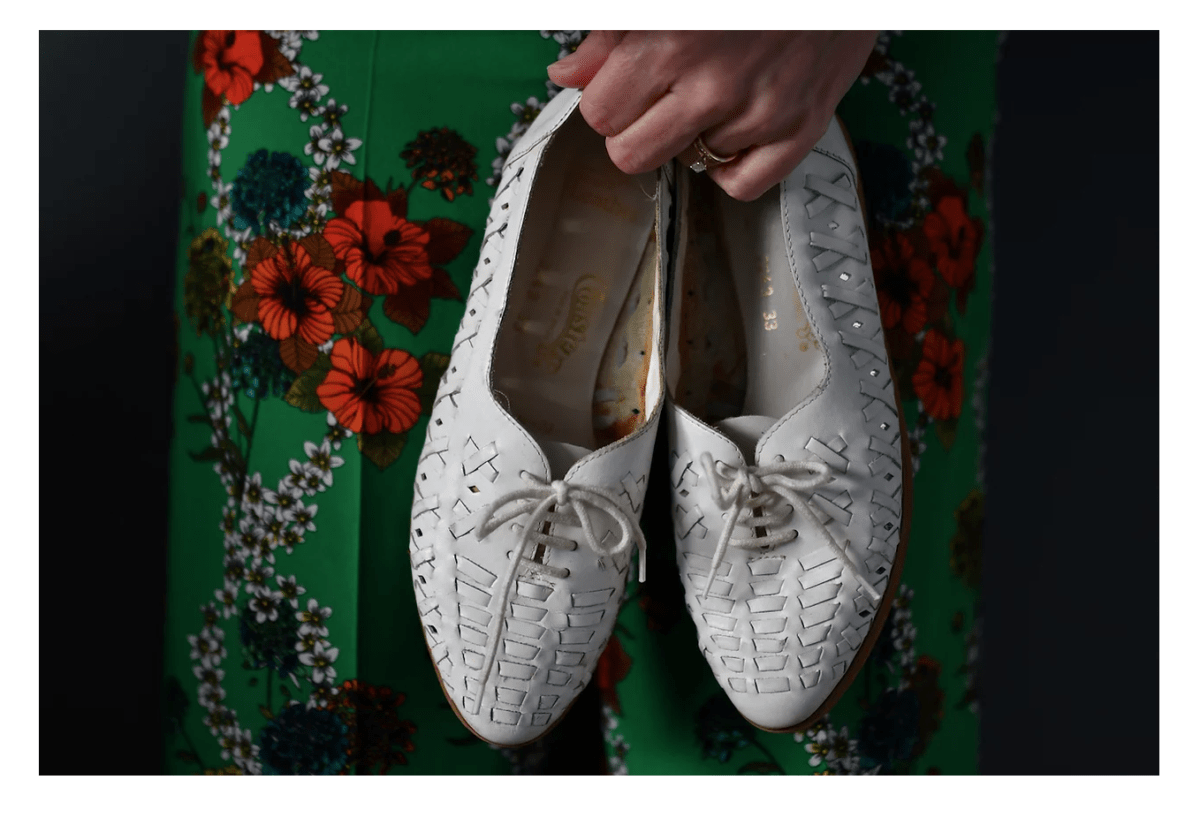
From ‘My Mother, Myself’ © Jessica Paullus
My Mother, Myself: Introspective Healing
I became aware of Jessica Paullus’ work in the past couple years, and then was suggested to get in touch with her through a third person. After Jessica and I had spoken and had some conversation about the work, I became more greatly attuned to the gravity of her project, My Mother, Myself.
I’ve had a photo book by Lorena Turner, A Habit of Self Deceit, for a couple years now. The book centers on the theme of loss, hurt, neglect and largely about parenting. I didn’t know how to process the work for a very long time. I needed to follow the breadcrumbs; find the influences behind the work. It was only until feeling rather lost myself, that I began to see the equivalents she made between places and objects which bear no direct meaning upon the other. When a viewer applies a theme, when one discovers the context needed, then the pieces can fall into place. I needed to feel lost in order to gain the insight. Is this being a method writer? I don’t know.
Many among us have had conflict with our parents and how they relate, or can’t relate to who we are. If you have children yourself, particularly teenagers, your sudden role reversal may leave you feeling dizzy. Jessica Paullus has taken steps to represent these feelings in the most honest light possible in her project centered on her relationship with her mother and the dynamics of parental relationships.
In speaking about honesty and transparency in a project of something so personal, Jessica says, “I think doing work of a personal nature might help people feel less alone if they relate to a similar experience. I feel a lot of what is portrayed on social media regarding motherhood is very skewed towards what I refer to as ‘mother worship’. I see so many posts where daughters view their mother as their best friend, and I don’t have that same experience with my mother. It creates a profound sense of loneliness to think that mine is the only experience that is different, which is surely not the case. It’s a little taboo in our culture to ‘speak ill’ of one’s family,” she adds, “but I feel a responsibility to acknowledge my version of events in my relationship with my mother are only being viewed from my perspective.”
My Mother, Myself is an ongoing project with a strong foundation. Paullus views her own role as a parent as an important one, both personally and creatively. “As I have gotten older, I realize what people mean when they say to create things from your own seemingly ordinary experience, and the power that it can have.” Sally Mann and Cindy Sherman are two influences who Jessica lists being important to her work. Mann and Sherman both explore aspects of a woman’s ‘role’ both as a parent and in that of an ‘expected’ persona of a woman in society. There is a perception of how one should be in their adulthood, and the actuality of how one makes their way into adulthood. Often the two are in opposition to each other, or when they do line up, it can present the question: What if I had chose a different path? Who would I have become… what if? My Mother, Myself explores this raw territory and exposes wounds.
In her application of different photographic techniques, Jessica conveys an inward exploration of self. “It’s really meant to portray a kind of questioning of reality and perception,” she says. “Is how I feel or how I remember things the true reality? How does one know with certainty?” This project contains a number of images which evoke memories of childhood by showing the viewer images of seemingly ordinary scenes which comment on the psychologic layers of memory. Jessica uses techniques like multiple exposure in a number of her images in the project. Much like Duane Michals’ groundbreaking photographic work centered on storytelling, this ‘simple’ technique is most effective when it merely looks simple. Superimposing an image with another marries the two into an entirely new context. New meanings are inferred, and the layers of memory are analogous to the layers of image. Jessica employs this technique to fuse multiple generations within her family and ponders the question of influence and support that family can provide, or not provide.
In trying to break a cycle of habits and patterns, exploring the rationale for abuse or neglect might gain insight or self awareness to impart meaningful change. The best way to change might be getting the feel of the role in order to intuitively make better decisions and move forward. Is this method parenting? I don’t know.
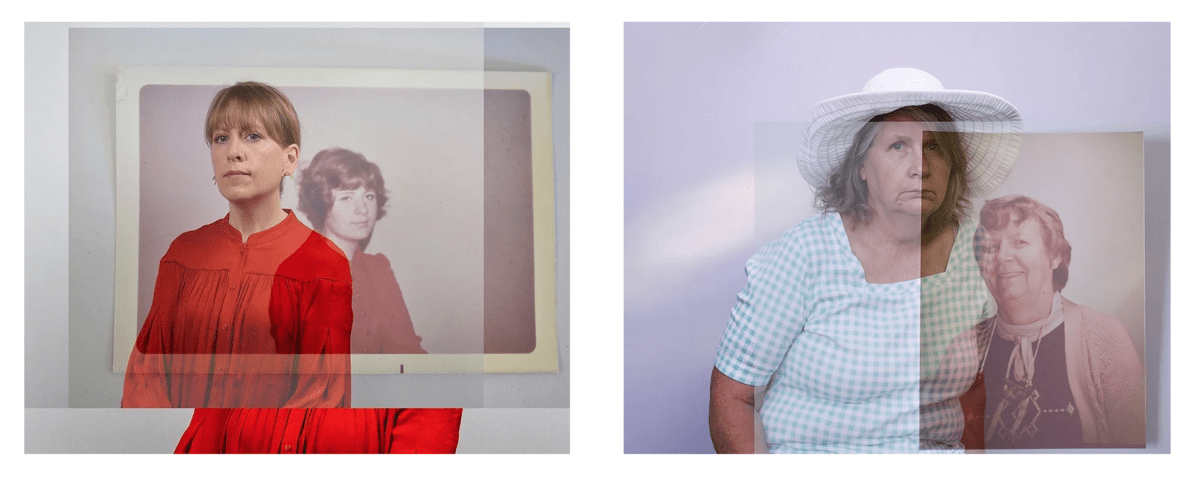
From ‘My Mother, Myself’ © Jessica Paullus

From ‘My Mother, Myself’ © Jessica Paullus
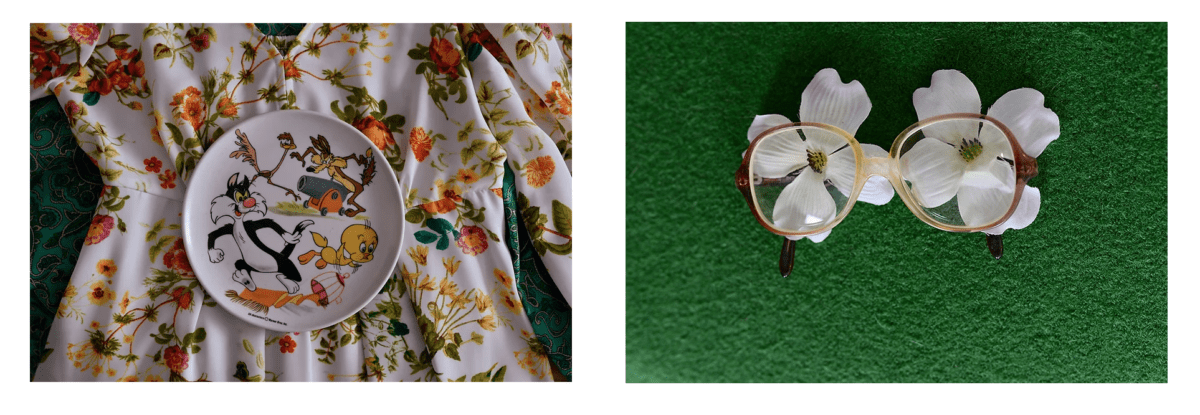
From ‘My Mother, Myself’ © Jessica Paullus
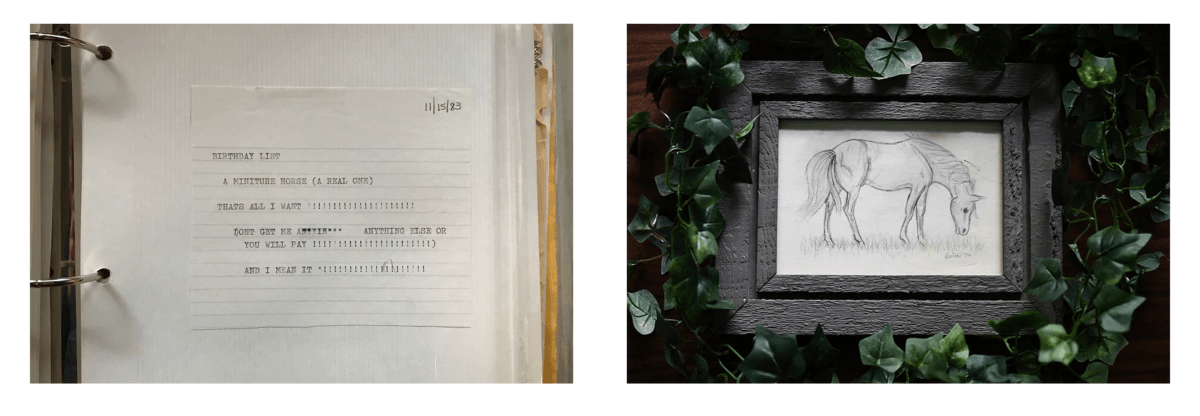
From ‘My Mother, Myself’ © Jessica Paullus
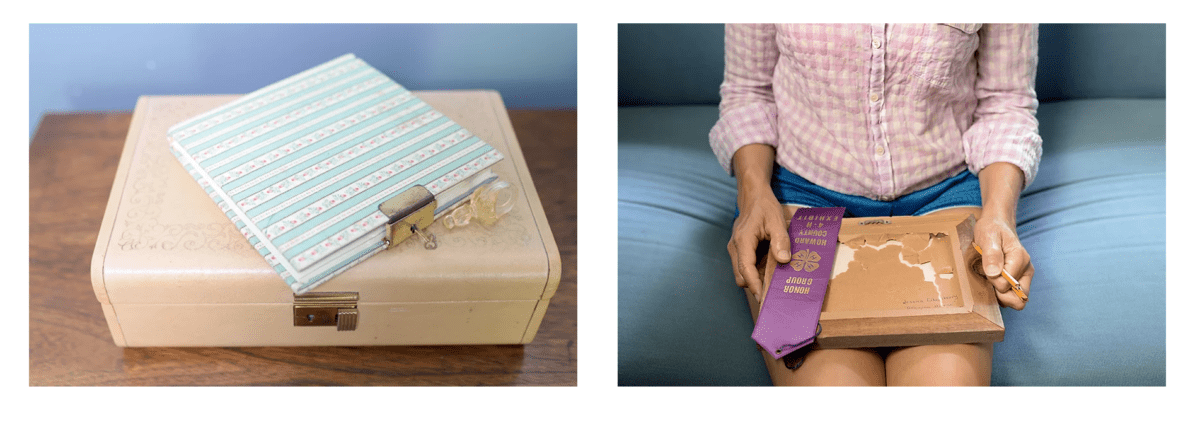
From ‘My Mother, Myself’ © Jessica Paullus
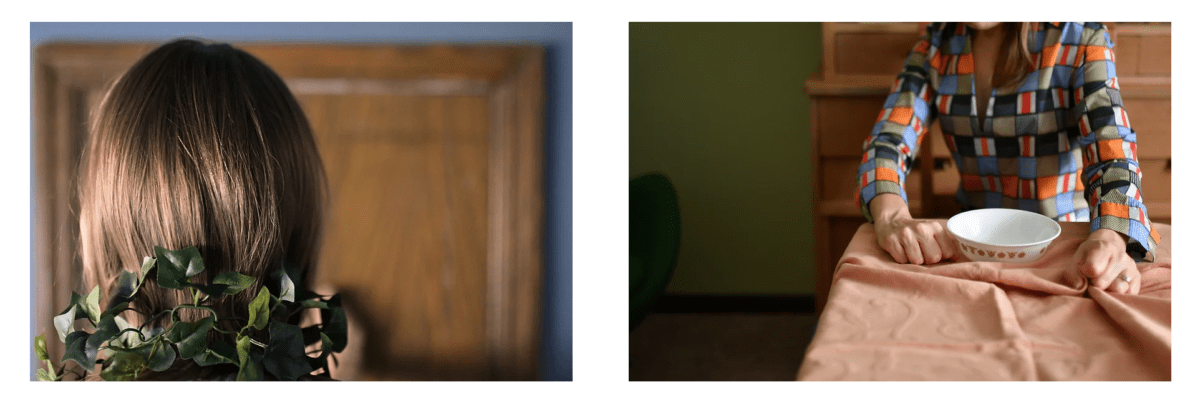
From ‘My Mother, Myself’ © Jessica Paullus
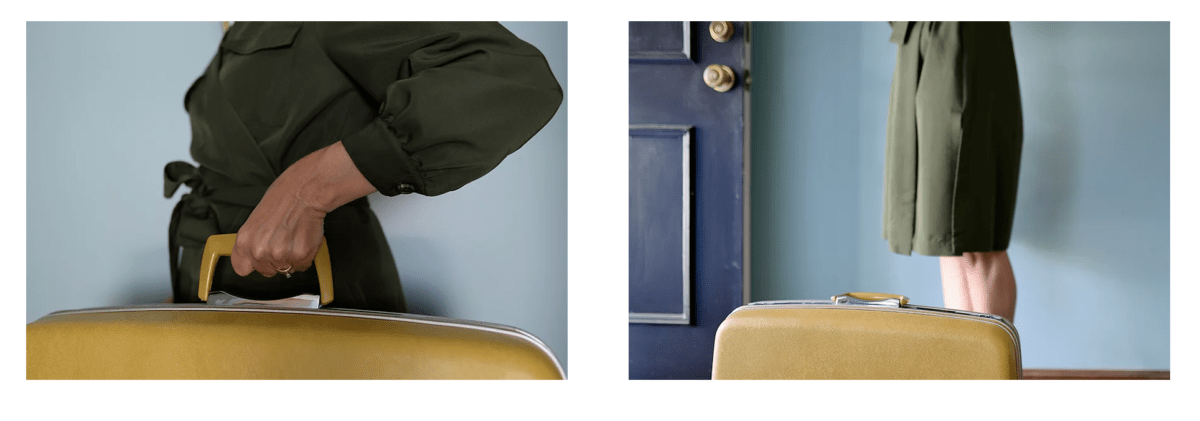
From ‘My Mother, Myself’ © Jessica Paullus
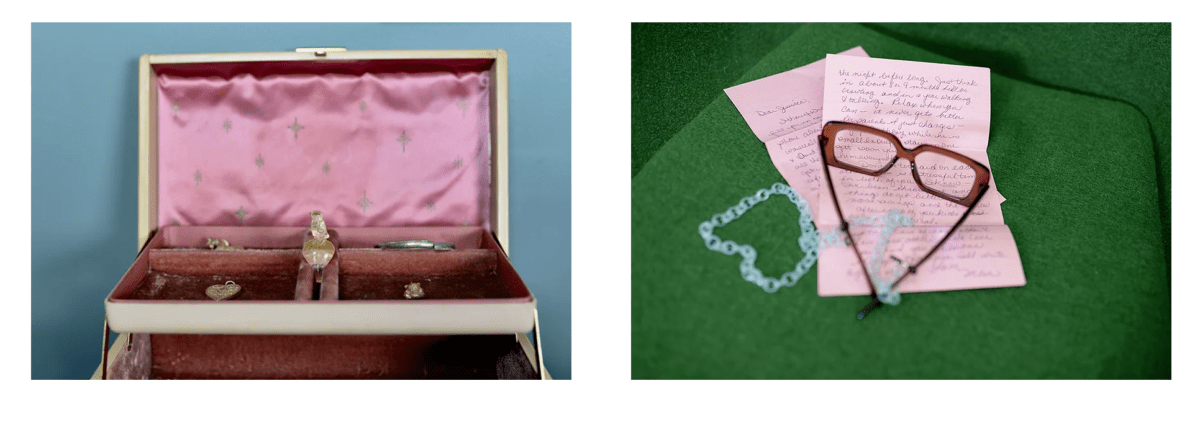
From ‘My Mother, Myself’ © Jessica Paullus
Jessica Paullus is a fine art photographer and writer currently based in the Indianapolis, Indiana area. Jessica is most interested in exploring through her work the effects of psychological trauma on the individual and how these experiences affect the perception of the self, memory and relationships with others. To learn more about her work, visit her website at https://www.jessicapaullus.com/
Events by Location
Post Categories
Tags
- Abstract
- Alternative process
- Architecture
- Artist Talk
- artistic residency
- Biennial
- Black and White
- Book Fair
- Car culture
- Charity
- Childhood
- Children
- Cities
- Collaboration
- Community
- Cyanotype
- Documentary
- Environment
- Event
- Exhibition
- Faith
- Family
- Fashion
- Festival
- Film Review
- Food
- Friendship
- FStop20th
- Gender
- Gun Culture
- Habitat
- Hom
- home
- journal
- Landscapes
- Lecture
- Love
- Masculinity
- Mental Health
- Migration
- Museums
- Music
- Nature
- Night
- nuclear
- p
- photographic residency
- Photomontage
- Plants
- Podcast
- Portraits
- Prairies
- Religion
- River
- Still Life
- Street Photography
- Tourism
- UFO
- Water
- Zine

Leave a Reply